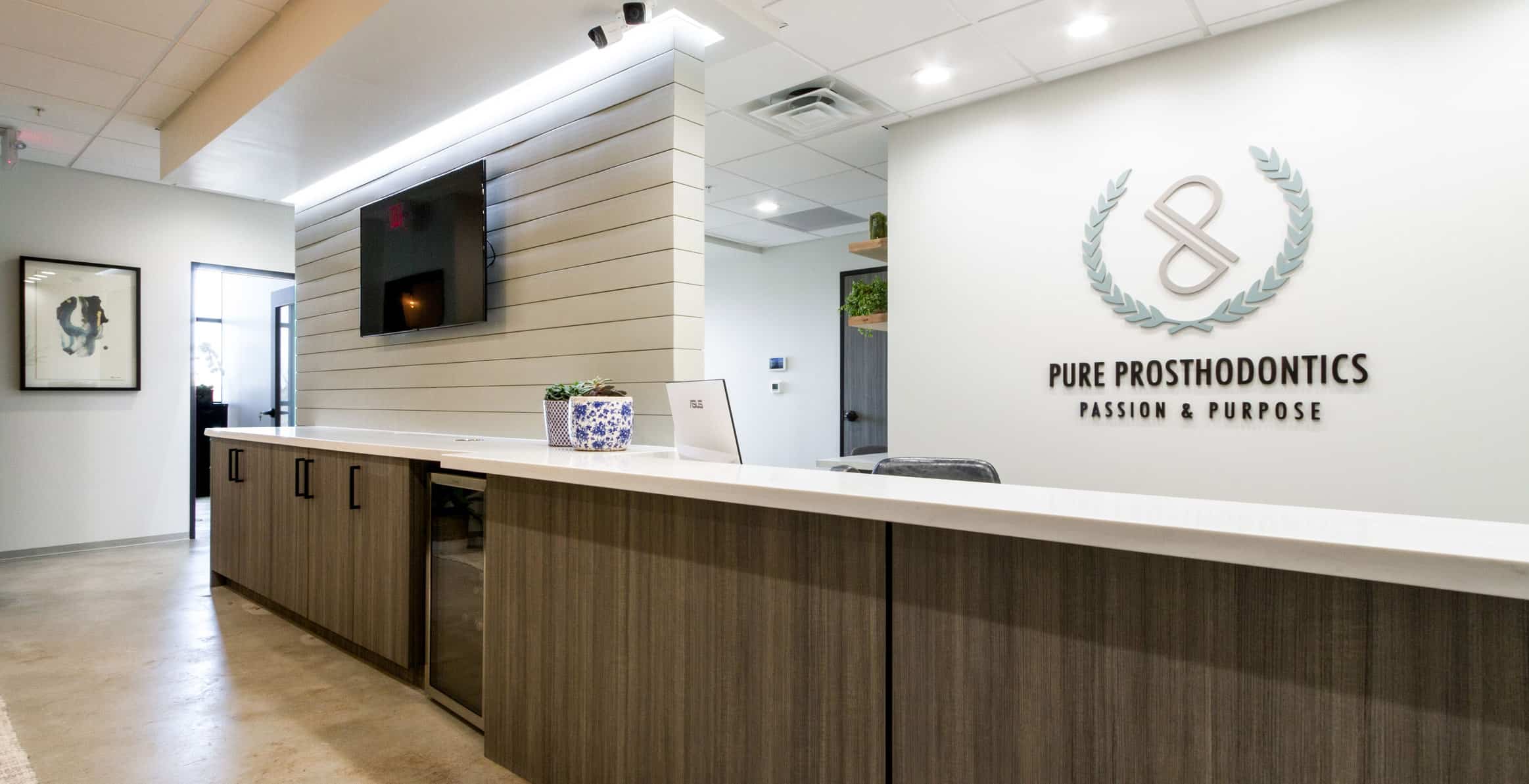Sleep apnea isn’t just a nighttime nuisance; it can wreak havoc on your oral health. Affecting around 25 million American adults, this common sleep disorder leads to repeated breathing interruptions during sleep, often resulting in a dry mouth and increased risk of tooth decay.
When you breathe through your mouth at night, saliva production decreases, allowing harmful bacteria to thrive and wreak havoc on your teeth and gums.
Moreover, sleep apnea can trigger bruxism, or teeth grinding, which can damage your enamel and lead to jaw pain. The inflammation caused by sleep apnea can also contribute to gum disease, making it harder for your body to fend off infections.
Understanding the connection between sleep apnea and oral health is crucial for maintaining a healthy mouth and improving your overall well-being.
Connection between OSA and Dental Issues
Obstructive Sleep Apnea (OSA) has significant implications for oral health, manifesting through various dental issues. Understanding these connections fosters better oral health management in individuals affected by sleep apnea.
Dry Mouth (Xerostomia)
Dry mouth, or xerostomia, frequently arises in individuals with OSA due to reduced saliva production during sleep. Saliva is critical for neutralizing acids, washing away food particles, and preventing bacterial growth.
Without sufficient saliva, the risk of tooth decay and oral infections increases. Symptoms such as dry lips and an uncomfortably dry tongue signal the presence of this condition.
Tooth Decay and Gum Disease
Bruxism (Teeth Grinding)
Bruxism, characterized by involuntary teeth grinding, commonly occurs in individuals with OSA. This habit not only damages tooth enamel but also contributes to jaw pain and discomfort.
The resulting wear can lead to sensitivity and further complications if not addressed. Regular dental check-ups help identify signs of bruxism, allowing for timely intervention and protection.
TMJ Disorders
Temporomandibular Joint (TMJ) disorders often co-occur with sleep apnea. Symptoms include jaw pain, clicking sounds during chewing, and headaches.
Research indicates individuals at risk for sleep apnea are three times more likely to experience TMJ disorders. Correlation between OSA and TMJ dysfunction highlights the importance of comprehensive dental evaluations.
Mouth Sores
Mouth sores can develop in those with OSA, often exacerbated by dry mouth or irritations caused by continuous positive airway pressure (CPAP) masks. Persistent dryness and friction from dental appliances or CPAP devices may lead to conditions like angular cheilitis—painful cracks at the corners of the mouth. Regular dental care and addressing discomfort promptly can minimize these occurrences.
Understanding the connection between OSA and dental issues enables proactive management of your oral health. Addressing these dental concerns can significantly improve your overall well-being.
How to Manage Dental Problems Related to OSA
Addressing the oral health issues linked to sleep apnea is essential for your overall well-being. Regular dental check-ups can help catch problems early and allow your dentist to recommend appropriate treatments. Staying hydrated can mitigate dry mouth, while using a humidifier at night may also help.
Consider discussing mouthguards with your dentist to protect against bruxism and minimize enamel damage. If you’re using a CPAP machine, ensure it fits properly to reduce irritation and sores.
By taking these proactive steps, you can significantly improve your oral health and enhance your quality of life. Prioritizing your dental care is a crucial part of managing sleep apnea effectively.
Frequently Asked Questions
How does sleep apnea affect oral health?
Sleep apnea, particularly Obstructive Sleep Apnea (OSA), can lead to dry mouth, increasing the risk of tooth decay and oral infections. Reduced saliva production diminishes the mouth’s ability to neutralize acids and fight bacteria, making dental care more crucial for those with the condition.
Can sleep apnea cause teeth grinding?
Yes, sleep apnea is linked to bruxism, or teeth grinding, which can damage tooth enamel and cause jaw pain. The interruptions in breathing during sleep can lead to increased muscle tension, resulting in grinding and clenching.
What oral health issues are associated with sleep apnea?
Individuals with sleep apnea may experience dry mouth, increased tooth decay, gum disease, bruxism, and Temporomandibular Joint (TMJ) disorders. These conditions highlight the importance of managing oral health for those affected by sleep apnea.
How can dry mouth impact dental health?
Dry mouth, a common symptom of sleep apnea, reduces saliva flow, which is essential for neutralizing acids and preventing bacterial growth. This results in a heightened risk of cavities, gum disease, and oral infections.
Should I see a dentist if I have sleep apnea?
Yes, it is advisable to consult a dentist if you have sleep apnea. A dentist can help assess your oral health, provide treatments for associated issues, and recommend solutions like oral appliances to mitigate the effects of sleep apnea on your teeth and gums.
Restore Your Health with Pure Prosthodontics
Struggling with sleep apnea? It’s not just affecting your sleep—it’s impacting your oral health, too. At Pure Prosthodontics, we specialize in advanced dental solutions that help protect your teeth and improve your overall well-being.
Don’t let untreated sleep apnea take a toll on your health. Schedule a consultation today and take the first step toward better sleep and a healthier smile!



